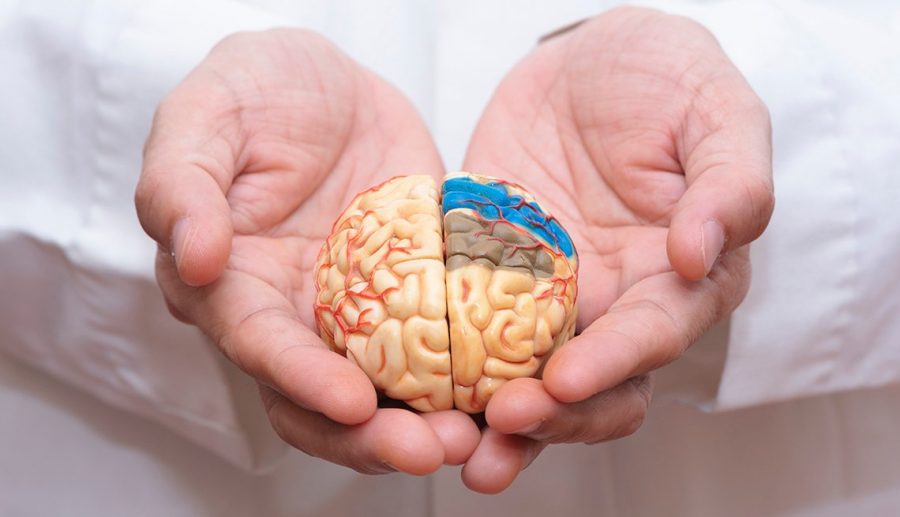What is Alzheimer’s disease?
Did you know that experts expect there to be 88 million people with Alzheimer’s by 2050? It’s going to be an uphill battle from here on out. The disease is not only difficult to diagnose but still not widely understood by doctors.
However, we may be one step closer to developing a cure for Alzheimer’s disease!

This opens up new doors for further research and to be in the know, learning the basics is a must. Let’s talk about the causes, symptoms, and how to treat Alzheimer’s with this simple guide:
Alzheimer’s vs Dementia
Did you know dementia is a syndrome and not a disease? It’s the catch-all term that describes the wide range of diseases in the brain. This is about symptoms like memory loss, confusion, and short attention span.
Alzheimer’s is one of the main types of dementia including Vascular Dementia, Lewy Body Dementia, and Front temporal Dementia. It deteriorates the ability to communicate, affecting your thinking and behavior over time. This disease is the leading cause of dementia contributing between 60 to 80 percent of the cases.
Causes
What are the possible factors that contribute to Alzheimer’s disease?
Age is one of the well-known factors and genetics may also come into play in the right circumstances. Your lifestyle choices affect the mitigating of the risk of Alzheimer’s disease. If you have any underlying health conditions, it can aggravate your existing disease.
You should consider consulting with your doctor to learn how to prevent Alzheimer’s.
As of now, there is no proven cause for Alzheimer’s disease. Despite years of research and more advanced technology, it is still not enough. We cannot find out the definite causes, let alone near developing a cure for the disease.
Symptoms
Memory loss is usually the first sign to watch out for Alzheimer’s disease. In the early stages, you’ll found it hard to remember new events and organize your thoughts. Here are the other symptoms that will start to appear as the disease progresses:
They have trouble completing familiar tasks and takes much longer than usual. You will have difficulty in understanding visual-spatial relations and misplacing things often. The disease is usually linked with personality and mood changes due to brain damage.
Are you looking for a reliable up-to-date resource of all things Alzheimer’s? Check out FindContinuingCare.com for amazing, easy-to-understand educational articles and videos! They also have an extensive list of continuing care and memory care communities you can take part in.
Treatments for Alzheimer’s
Alzheimer’s doesn’t have a cure yet, but there are many treatments that can improve your quality of life.
Regular check-ups can rule out the other possible causes of gradual memory losses. Medications can help stabilize your cognitive function and abilities. Treating your other health problems reduce symptoms and make dealing with the disease easier.
Psychological treatments are great for managing the challenging aspects of the disease. Leading a healthy lifestyle is important to live as independently as possible.
What Is Alzheimer’s Disease: Basic Knowledge 101
What is Alzheimer’s disease? There is still a lot we do not know about Alzheimer’s but it doesn’t mean we do not have to equip ourselves with knowledge. It’s the only way to learn how to deal with your disease head-on and take control of your life!
Are you interested in learning more about Alzheimer’s disease? Don’t hesitate to read up on some of our other health-related posts today!
